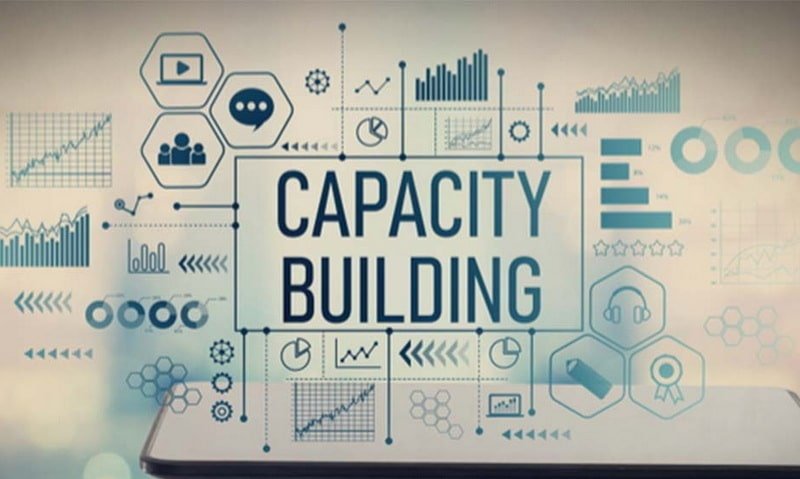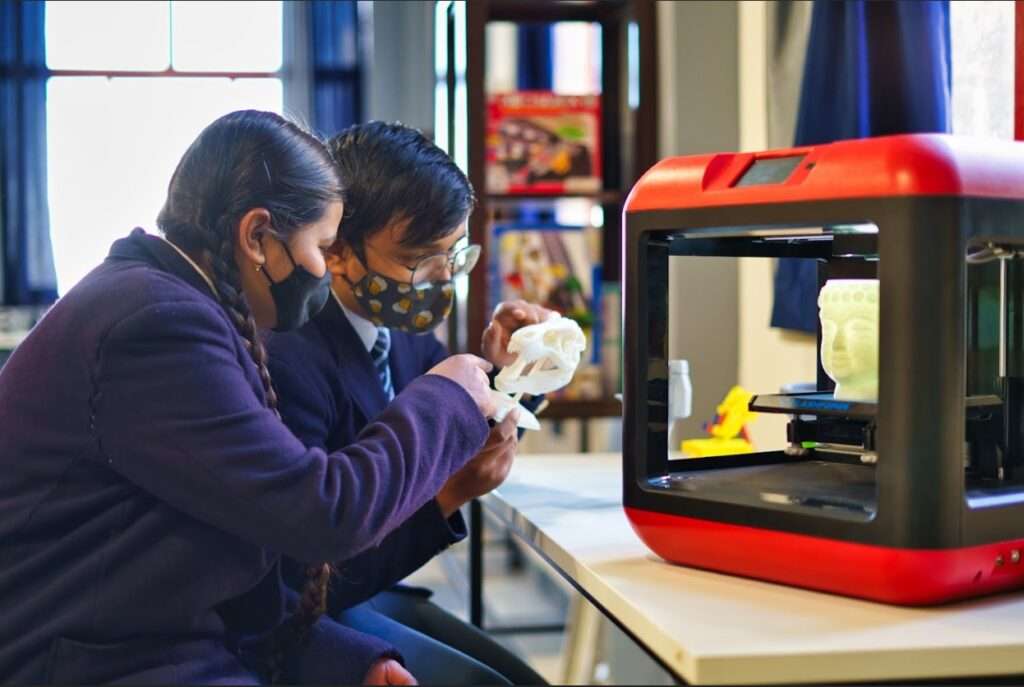STEM Capacity Building Declared a Global Imperative
STEM capacity building has been declared a global imperative by leading organisations, policymakers, and education networks in 2025. Amid rapid technological change, shifting workforce needs, and an urgent call for equal access to high-quality education, investing in robust Science, Technology, Engineering, and Mathematics (STEM) programs is seen as critical for national competitiveness, innovation, and social mobility.
Reports from entities like Beyond100K and the European Commission emphasise that nations which prioritise strong Holistic Education and STEM education pipelines—especially for underserved communities—will drive future breakthroughs and sustain economic growth.
Capacity building in STEM extends beyond student training; it includes upskilling teachers through continuous professional development, enhancing STEM curricula, and strengthening partnerships between educational institutions, industry, and government. For example, CBSE in India now requires 50 hours of STEM-focused teacher training annually, aligning classroom practices with global standards for inquiry-based, hands-on learning. Across Europe, targeted strategic plans are underway to align STEM education with labour market needs, invest in digital skills, and encourage entrepreneurship, especially among young and diverse populations.
The consensus is clear: overcoming challenges like funding instability and educator shortages demands collaborative advocacy, mentorship, and knowledge-sharing. Sustained investment in STEM education and teacher capacity is not just a policy trend—it’s a strategy to ensure equal opportunity, economic resilience, and global leadership in the digital age.















